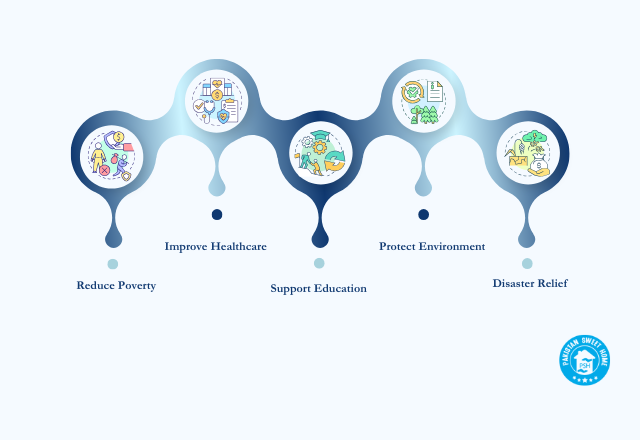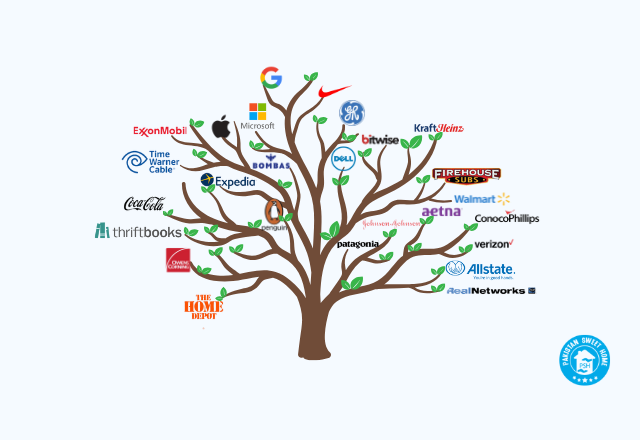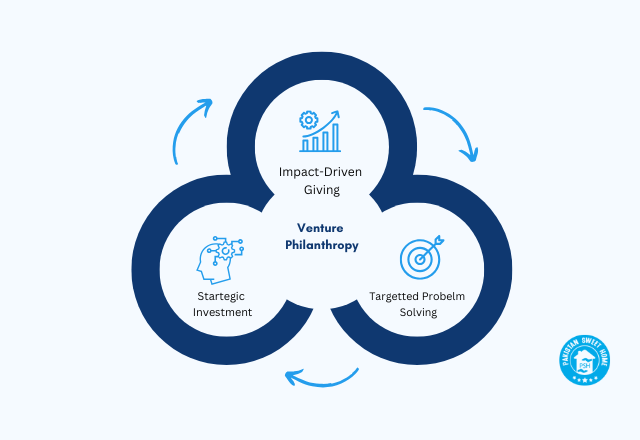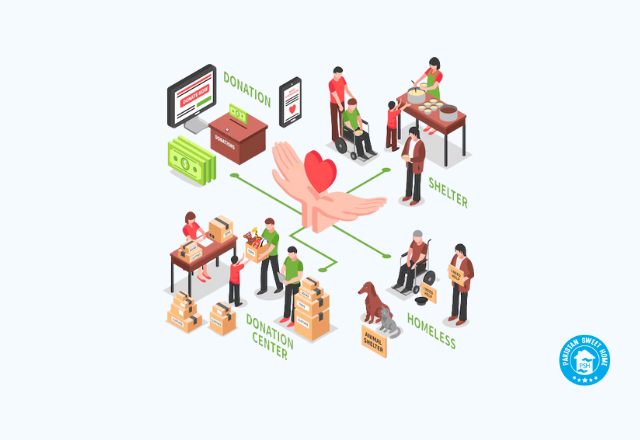
- DONATE
- SPONSOR A CHILD
- Zakat calculator
- SIGN IN
-
- About Us
- FAQ's
- Contact
- Get Involved
- Admissions
- Sign In
- SPONSOR A CHILD ZAKAT CALCULATOR DONATE
-
info@pakistansweethome.org.pk
(051) 4865856
+92 335 1118477

6 min read

In today’s rapidly changing world, businesses are judged by their profits and the value they bring to society.
Stakeholders now expect companies to address significant social, environmental, and economic challenges. This expectation has made philanthropy an essential part of modern business practices.
But what does this responsibility entail, and how does it shape the future of ethical business?
Let’s explore.
Philanthropic responsibility refers to businesses' voluntary actions to give back to their communities and contribute to societal well-being. This goes beyond meeting legal obligations or trading standards. It includes a company's proactive efforts to support social causes and create positive change.
Examples of philanthropic responsibility are:
These actions show that a business cares about more than just making money; it’s focused on improving the lives of those around them.
Philanthropic responsibility isn't just about doing good—it's also about building a positive, lasting reputation.
Businesses that practice philanthropy show their stakeholders that they care about more than just making profits. This can make a big difference, offering more than just tax benefits or a better public image.
Here are a few reasons why philanthropic responsibility is vital for sustainable businesses:
Philanthropic responsibility is an important part of Corporate Social Responsibility (CSR). However, it is only one part of the larger CSR picture. CSR strategy involves a business taking responsibility for its impact on society and the environment.
It strives to make a positive contribution in areas such as:
Philanthropic responsibility is considered the highest level of CSR because it goes beyond what is legally required. It’s about making a voluntary contribution to society, whether through charitable donations, educational initiatives, or actions that create a positive environmental impact.
However, philanthropic responsibility should never be viewed in isolation. A business can't be considered philanthropic if it is harming workers or the environment. True corporate responsibility integrates all aspects of CSR initiatives, ensuring that businesses operate ethically and contribute positively to the world.
The following are the essential elements that define philanthropic responsibility and drive meaningful impact.
Ethical giving is a cornerstone of philanthropic responsibility. It requires donors to thoughtfully allocate funds, ensuring transparency and efficiency in every transaction.
Contributions should go to causes that show measurable impact while respecting the dignity and needs of those they help. Ethical responsibility also emphasizes avoiding practices that exploit the needy or compromise the rights of those receiving support.
Trust is essential in philanthropy, and transparency along with accountability fosters that trust. Philanthropic organizations must provide clear, accessible updates on fund use and progress toward their goals.
This not only upholds the integrity of their efforts but also reassures donors about the impact of their contributions. Accountability also means following ethical and legal standards in fundraising and managing resources, making sure everything supports the initiative's mission.
Sustained support is vital for meaningful impact. Incorporating long-term charitable goals into a business’s strategy or a person’s financial plans helps build stronger relationships with the communities they support.
Consistency in contributions enables organizations to plan effectively, pursue ambitious goals, and create lasting change through reliable backing.
The following are ways in which innovation and legal considerations can shape the effectiveness of philanthropic efforts.
Navigating philanthropy requires understanding the common challenges that can weaken efforts. By addressing these obstacles directly, philanthropic activities can be more impactful and effective.
Below are some key issues and strategies for overcoming them:
Philanthropic efforts can achieve their full potential by addressing these challenges with careful planning and best practices. This ensures that contributions lead to meaningful, lasting impact.
Philanthropy operates within a complex landscape of legal and ethical constraints. These rules can vary depending on the region and the type of work. It’s essential to understand these regulations to remain compliant and avoid legal pitfalls.
This includes following tax laws, respecting privacy guidelines, and upholding ethical standards in fundraising and resource distribution. Staying informed and getting legal advice when needed helps reduce risks and ensures compliance in philanthropy.
As global needs evolve and technology advances, philanthropic strategies must adapt to remain effective. New technologies can improve donation processes and strengthen communication with stakeholders.
Innovative methods like venture philanthropy and corporate philanthropy provide sustainable solutions by combining business strategies with social causes. These approaches help create long-term, scalable impact, complementing traditional philanthropic methods.
In conclusion, philanthropic responsibility is more than just a voluntary act of giving. It is a powerful tool for creating positive social change. It improves a business's reputation and helps ensure its long-term success.
Businesses can make their giving more impactful by being ethical, transparent, and supporting causes for the long term. Although challenges exist, setting clear goals, giving regularly, and monitoring efforts closely can help create real change.
In philanthropy, using new ideas and following legal and ethical rules will make these efforts more effective. This will help communities and create a better future for everyone.

WRITTEN BY
Dr. Ayesha Khan (Community Development)
Dr. Ayesha Khan is a dedicated social worker with over 15 years of experience in child welfare and community development. As a passionate advocate for vulnerable children, she has worked tirelessly to create safe and nurturing environments for orphans and underprivileged youth. Dr. Khan holds a PhD in Social Work and has specialized in developing sustainable programs that support the holistic development of children. Through her work at Pakistan Sweet Home, she aims to raise awareness and inspire action through her insightful and compassionate writing.
Dr. Ayesha Khan is a dedicated social worker with over 15 years of experience in child welfare and community development. As a passionate advocate for vulnerable children, she has worked tirelessly to create safe and nurturing environments for orphans and underprivileged youth. Dr. Khan holds a PhD in Social Work and has specialized in developing sustainable programs that support the holistic development of children. Through her work at Pakistan Sweet Home, she aims to raise awareness and inspire action through her insightful and compassionate writing.
Top 15 Philanthropists in Pakistan: Icons of Generosity

Understanding Philanthropic Organizations and Their Role in Society

Corporate Philanthropy 101: Everything You Need to Know

28 Corporate Philanthropy Examples: How Businesses Make an Impact

Venture Philanthropy: Origin, Ecosystem, Examples, Models, & Benefits

Exploring Top 20 Venture Philanthropy Organizations

Trust-Based Philanthropy: Empowering Nonprofits
